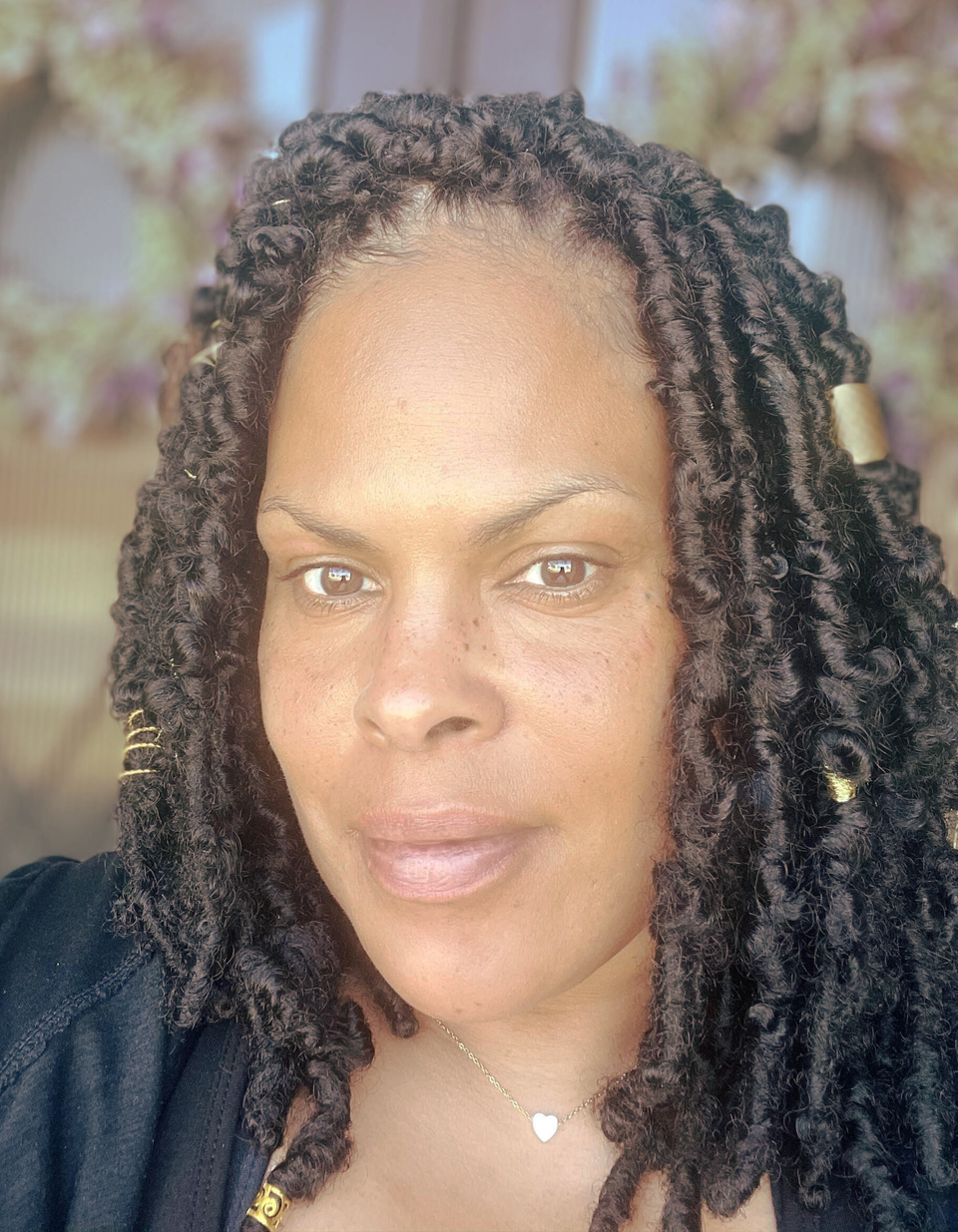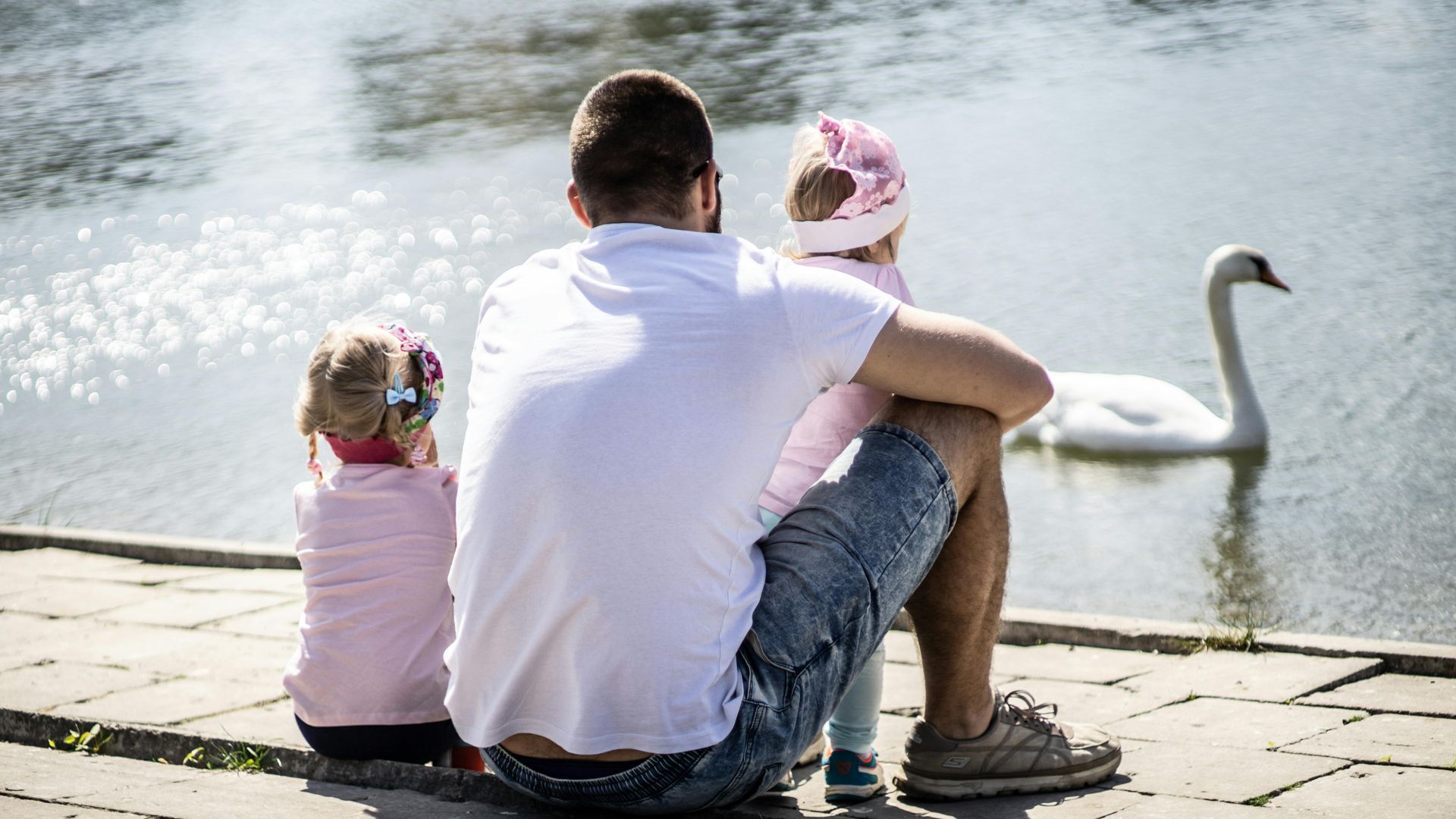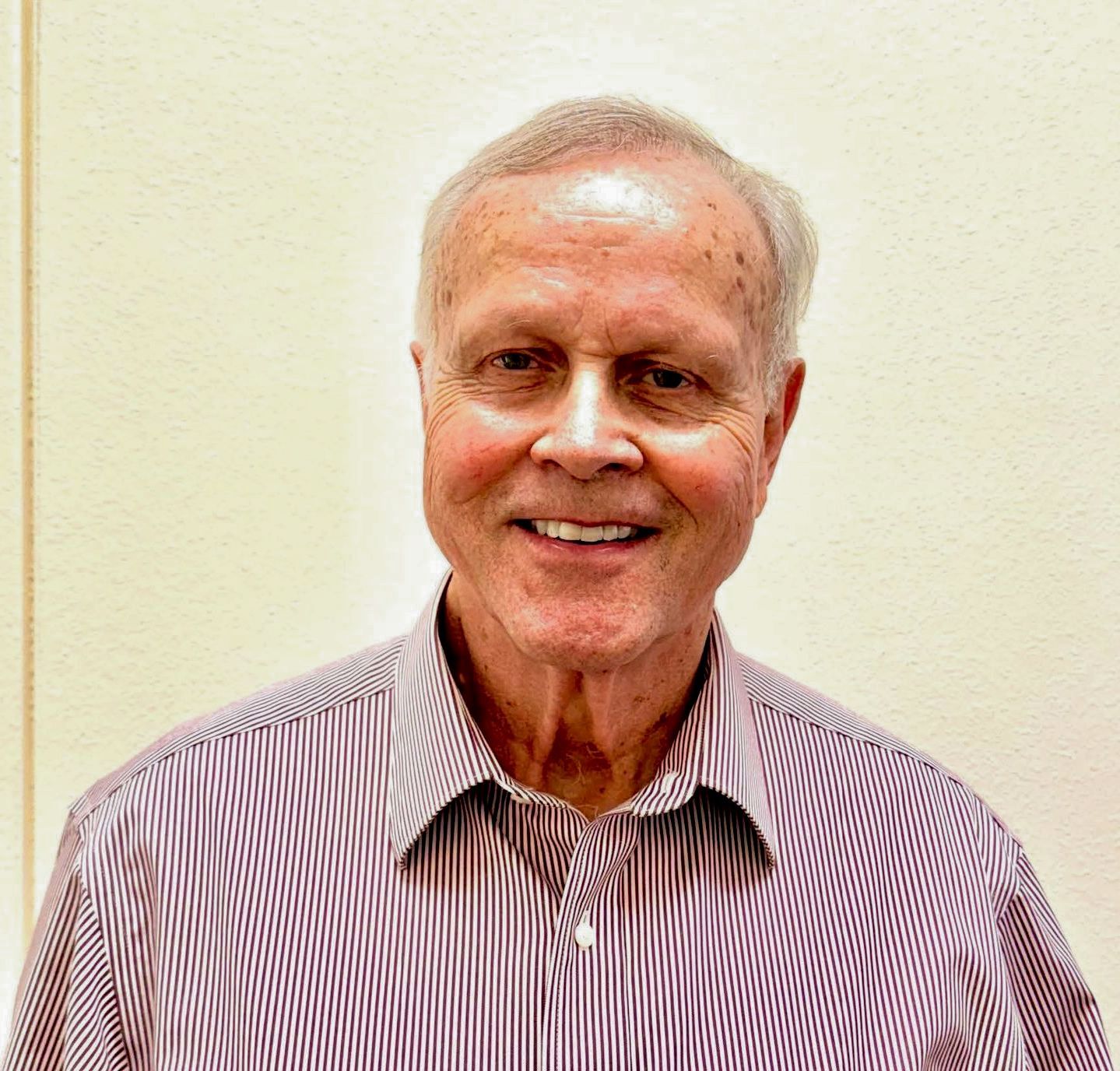June Advocate Spotlight
Michelle Ward

1. How long have you been an Advocate and when did you realize you wanted to become one?
I completed my Advocate training in January and signed onto my first case towards the end of March 2021. I love to help people and knew that I wanted to do some meaningful volunteering. So, I put a lot of thought into considering which population could most benefit from my help and this led me to CASA.
2. What is the most rewarding aspect of being an Advocate?
So far, the most meaningful aspect of CASA is being able to help the kids on my case in whatever way I can; based on what they need. The way to do that is by communicating with them, the caregiver, caseworker, and CASA Supervisor. I have teenagers in my case, and they like to text, so that is easier and quicker. However, it’s also important that you call and speak to them as well because it’s important to have a more through conversation sometimes. Needs will vary and being willing to follow up and follow through to get them what they need is important for their well-being. I’ve worked on issues like getting an eyeglass prescription changed with no additional cost, getting them new computers they can keep through CASA. I’ve spoken with sports coaches, school counselors, and other agencies to get support for my girls. When funding dried up, I wrote a letter requesting funding that was still needed for one of my kids to participate in an activity to give them a healthy outlet. Also, if you get a family with more than one child, it’s important that you develop a relationship with all of the kids on your case because all of them may have different needs, wants, and goals.
3. If you could offer some words of encouragement to your fellow and incoming Advocates, what would they be?
To our advocate family and potential members, I would encourage them to firstly always remember why they became an Advocate or want to be an Advocate. Secondly, keep the kids on their case and their needs and wants in mind with every communication and decision made on their behalf. Thirdly, be sure to establish expectations, boundaries, and limitations with your kids and their caregivers as soon as possible and ALWAYS keep your word. Fourthly, make sure that you document everything—keep it factual, detailed, focused, and keep the emotion out of it. Lastly, communicate with the caseworker on a regular basis to get updates on the case. Communicate often with your CASA Supervisor; ask questions and vent if needed.

By bfines
•
March 21, 2025
In December 2023, CPS received a Priority One referral regarding a 2-year-old child named Katherine, who had been hospitalized after ingesting narcotics. Her mother, Jessica, admitted to being under the influence of methamphetamines at the time. Katherine later tested positive for amphetamines, prompting the Department to seek removal of both Katherine and her 4-year-old sister, Valerie. Their maternal grandmother expressed willingness to care for them but only if CPS became involved. CASA advocate Alfredo Concha was appointed to the case and immediately took action. He contacted the grandparents and met with the children. During that visit, he learned that while the grandparents were willing to provide temporary care, they could not commit beyond December 2024. They had already adopted the girls' older sibling, which kept them busy, and as elderly caregivers, they felt unable to raise two young children long-term. They made it clear—either Jessica would have to get her life back on track by December, or the girls would need another placement. Understanding the urgency, Alfredo used Collaborative Family Engagement tools to seek additional family members who could offer support. He built a strong working relationship with Jessica, which proved invaluable. Through collaboration with Jessica, the grandparents, CPS, and the children's attorney, Alfredo identified and addressed barriers to reunification. A primary concern was Jessica’s history of substance abuse and the risk of relapse. After completing inpatient drug treatment, Jessica chose to move in with her ex-boyfriend, Robert, and his mother, Marie. Given Robert’s history of substance abuse and their previously volatile relationship, Alfredo recommended that Robert participate in services to strengthen their family dynamic. This included undergoing a substance abuse assessment, engaging in treatment, and completing a domestic violence prevention program. Alfredo also ensured Robert and Marie were included in planning meetings. During one of these meetings, Marie expressed her willingness to take in the children and committed to caring for them regardless of Jessica and Robert’s relationship. With this new support system in place, the girls were able to return to Jessica on December 3, 2024. CPS and Alfredo closely monitored the placement for several weeks to ensure stability. By January 2025, Alfredo recommended case closure, allowing the family to move forward with their lives. During the final hearing, Jessica addressed the court, expressing her gratitude. She stated that without the support of CPS and Alfredo, she would not have been able to succeed.
Stories of Hope Delivered to Your Inbox
Sign up for our newsletter to receive impact stories, announcements, and first look into any upcoming CASA events or campaigns!
Newsletter Sign Up
Thank you for signing up for the CASA newsletter! You can close out this window now to navigate through the rest of our site.
Oops, there was an error sending your message.
Please try again later.
Please try again later.

Voted Best Nonprofit to Work/Volunteer for
in San Antonio!





